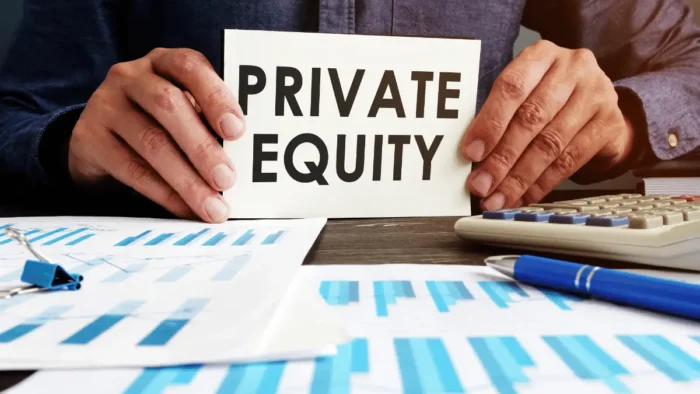Starting your own business is daunting for various reasons, but money is usually at the very top of that list. How will you afford to start it up? Will it make enough profit to keep you going? What about maintenance costs?
There is a whole lot to consider when it comes to the financial side of running a business. Here are a few tips for when you’re just getting started.
Research Avenues for Start-Up Costs
Not only do you need to know what your start-up costs are going to be, but you’re going to need to know where that money will come from. Most of us don’t have thousands sitting in the bank and waiting to be spent.
If you have some capital in the bank or a family member who is willing to help you out, that might be a good option. Otherwise, do some research and look at your options for loans or even alternative options, such as a home equity line of credit.
Know Where You Stand
Budgeting and planning and accounting for each and every little expense is important – they all add up! Before you make any final decisions, it’s important to have a very clear idea of what you’ll be spending and what you’ll need to be earning back in order for your business idea to be financially viable.
Separate Your Finances
Your business will be a very separate part of your life, and you’ll need to treat it that way. Combining your business and personal finances can make things tricky and complicated and cause you heaps of unnecessary stress.
A good first step is to open a separate bank account for your business. This will benefit you in tracking income and expenses, dealing with taxes, and even just staying clued up in what’s going on in your financial life.
Track Everything
Whether your business is brand new or you already know the ins and outs of your budget, tracking all of your income and expenses is never a bad idea. Having a clear and precise idea of where your money comes from and where it goes can be really beneficial for your business’s financial health.
There are various programs, apps, and tools that you could use for this. Whichever you choose, consistency and accuracy are the most important factors.
Build an Emergency Fund
Just like an emergency fund is important for your personal finances, the same is applicable to your business. Having something to fall back on in times of crisis or struggle will help you to feel confident and secure in your company, and not worry too much about how you’ll cope.
Financial setbacks will always be setbacks, but minimizing the impact will always make things easier.
Conclusion
While juggling your finances for a brand new business can be both daunting and tedious, getting a firm grip on the reigns early on will have major benefits for you and your company in the long run. Make sure your planning is on point and always seek professional help if you’re unsure.



